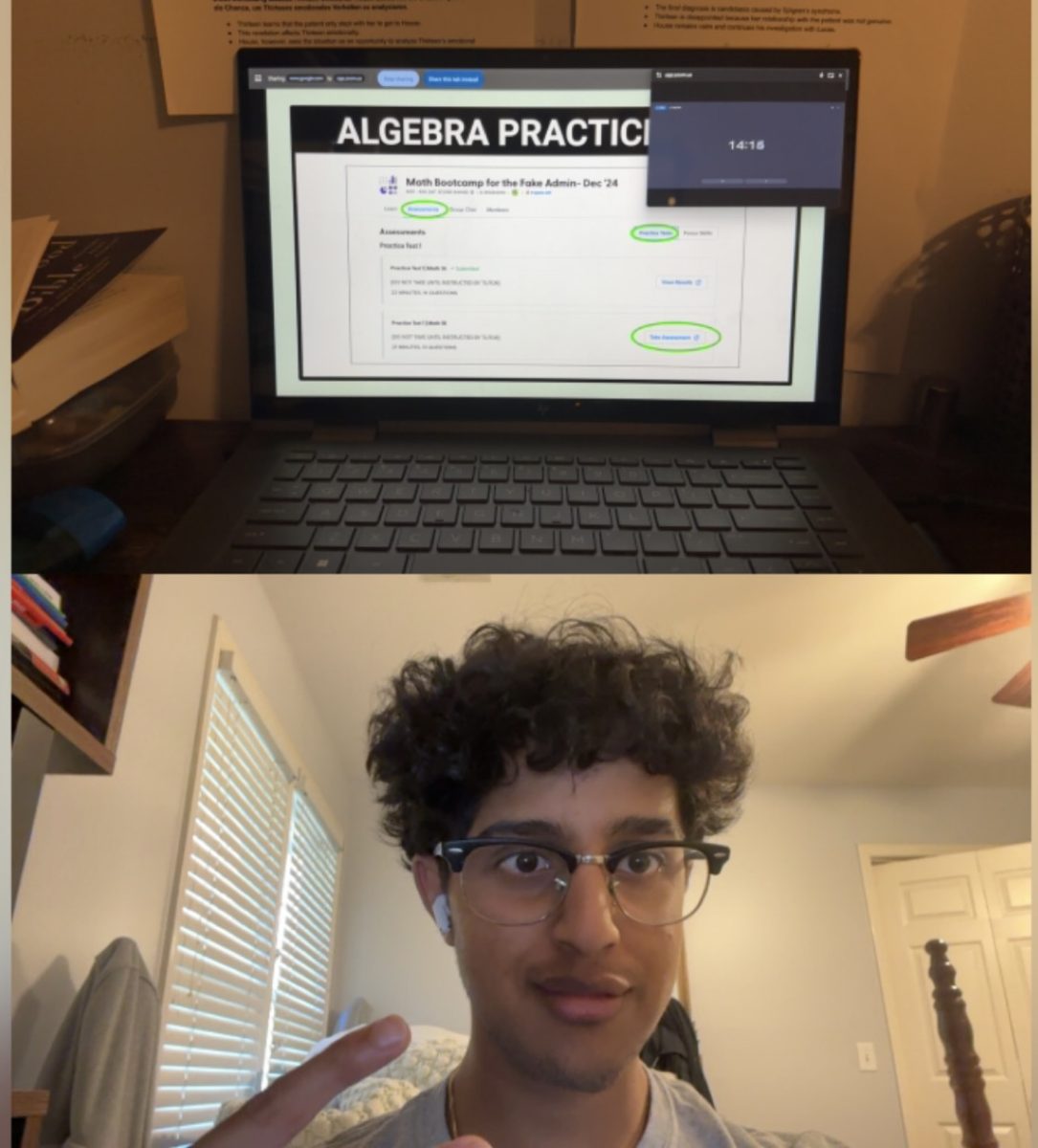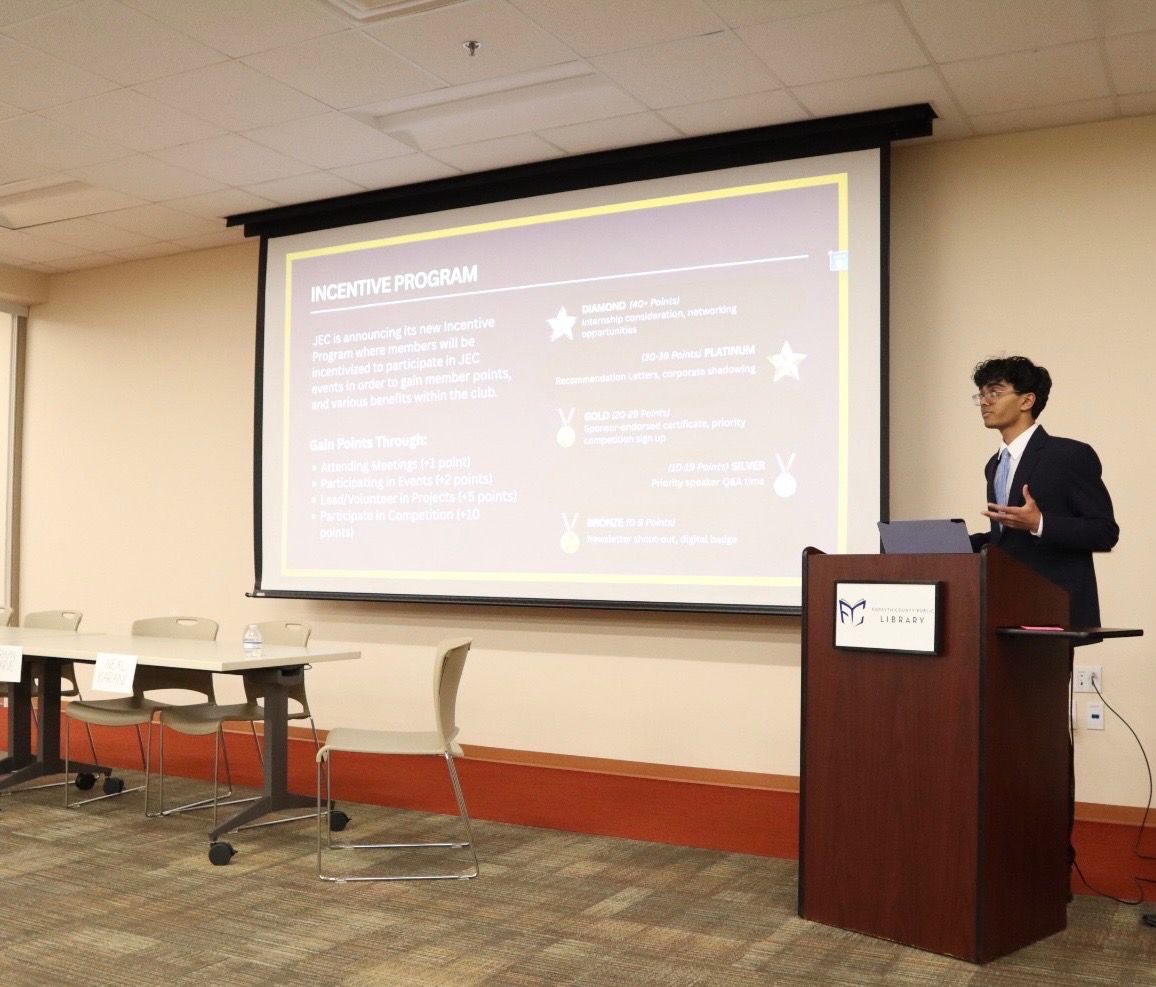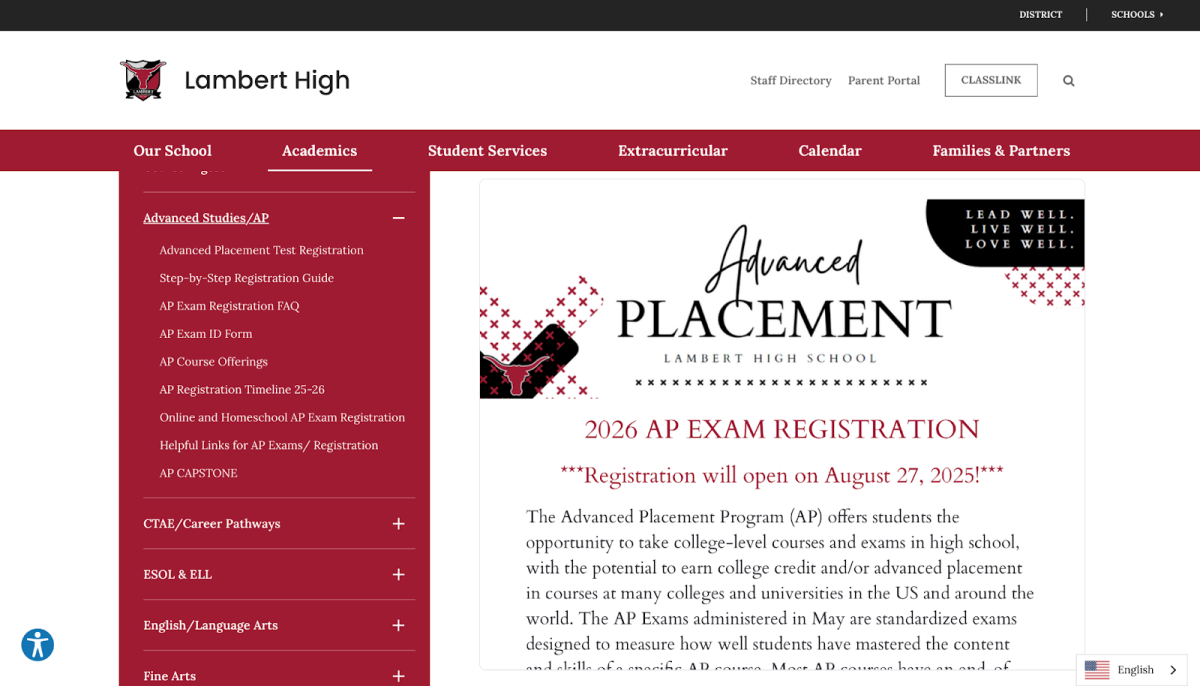In the ever-changing world of artificial intelligence, advancements continue to reshape the landscape, driving innovation and competition among emerging technologies. One of the up-and-coming digital assistants, Gemini (formerly known as Bard) is an artificial intelligence powered by the Google Search engine. Like its counterpart ChatGPT, Gemini aims to provide users with comprehensive and insightful responses to a wide range of queries. Whether users seek answers to complex questions, assistance with research or engaging conversation, Gemini is poised to become a valuable companion in the digital realm. Although Gemini matches and occasionally exceeds ChatGPT in various aspects, it continues to maintain a relatively low profile compared to ChatGPT.
One area in which Gemini excels over ChatGPT is the conciseness and simplicity of responses. This straightforward approach enhances comprehension and simplifies communication for users.
“I prefer using Gemini over ChatGPT for ideas when I’m brainstorming,” Lambert junior Jack Bruey said. “When I use ChatGPT, the responses are too wordy and long. On the other hand, Gemini’s are shorter and to the point.”
This preference for shorter and concise responses underlines a growing demand for streamlined information delivery, where brevity and clarity are prioritized over verbosity. As technology evolves, platforms like Gemini cater to users seeking quick, precise insights – contributing to the ongoing conversation surrounding the optimization of AI-generated content for various purposes, including brainstorming and idea generation.
Another way in which Gemini outshines ChatGPT is the conversational quality of responses. This allows for a more engaging and natural interaction, making it easier to talk to.
“Gemini has a more friendly tone than ChatGPT’s,” Lambert junior Kory Mai noted. “I don’t know how to describe it, but ChatGPT has a more robotic tone than Gemini’s. I think it’s easier to talk or ask questions to Gemini because of this.”
While both platforms aim to assist users effectively, Gemini’s success in fostering a more human-like conversation highlights the significance of nuances and tone in user engagement. In the broader context, this underscores the evolving expectations of users towards AI interactions, where a more personable demeanor can enhance user satisfaction and encourage continued engagement. It also highlights the ongoing challenge for AI developers to bridge the gap between machine-generated responses and human-like conversation as technologies advance and user expectations evolve.
The most notable difference that truly sets Gemini apart from ChatGPT is its access to real-time data, whereas ChatGPT’s information is only up to January 2022.
“I’ll ask ChatGPT to give me information about current events, and it’ll just say something like, ‘Sorry I don’t have any information about that,’” Lambert junior Jaden Hicks said. “Google’s AI [Gemini] on the other hand, actually gives recent information about whatever I ask that might be relevant.”
While both chatbots are impressive in their own right, Gemini’s access to real-time data stands out as a significant advantage. This distinction reflects the ongoing evolution of AI technologies, where the ability to provide up-to-the-minute information has become increasingly valued. It underscores the importance of staying current in today’s fast-paced world, where relevance and timeliness are paramount.
As technology continues to evolve, platforms like Gemini serve as a testament to the ongoing pursuit of enhancing user experiences through AI, pushing boundaries and redefining expectations in the digital age. With its advanced algorithms and intuitive design, Gemini offers a level of interaction and personalized engagement that sets it apart, making it a superior choice compared to ChatGPT for those seeking a dynamic and responsive virtual assistant.















